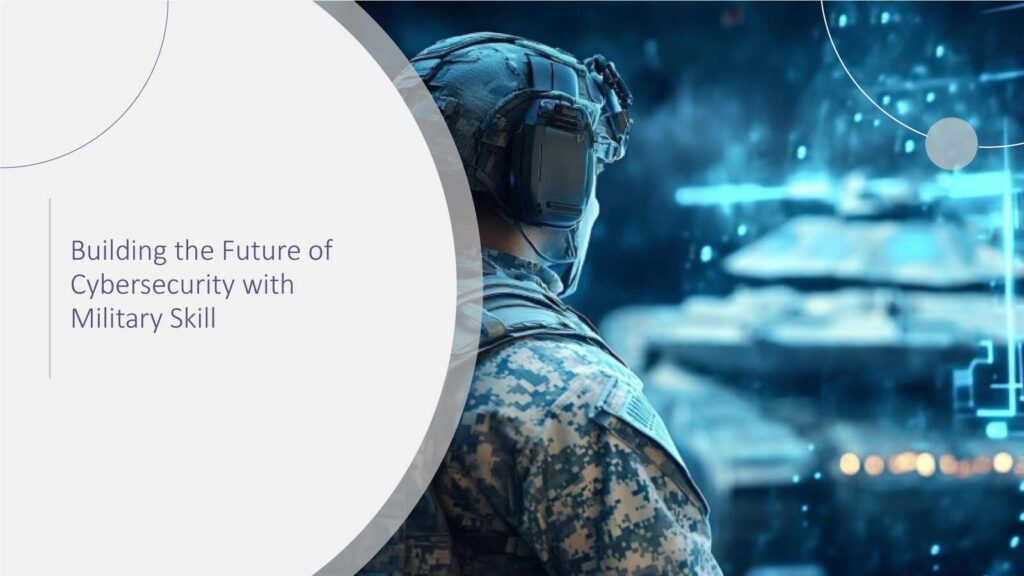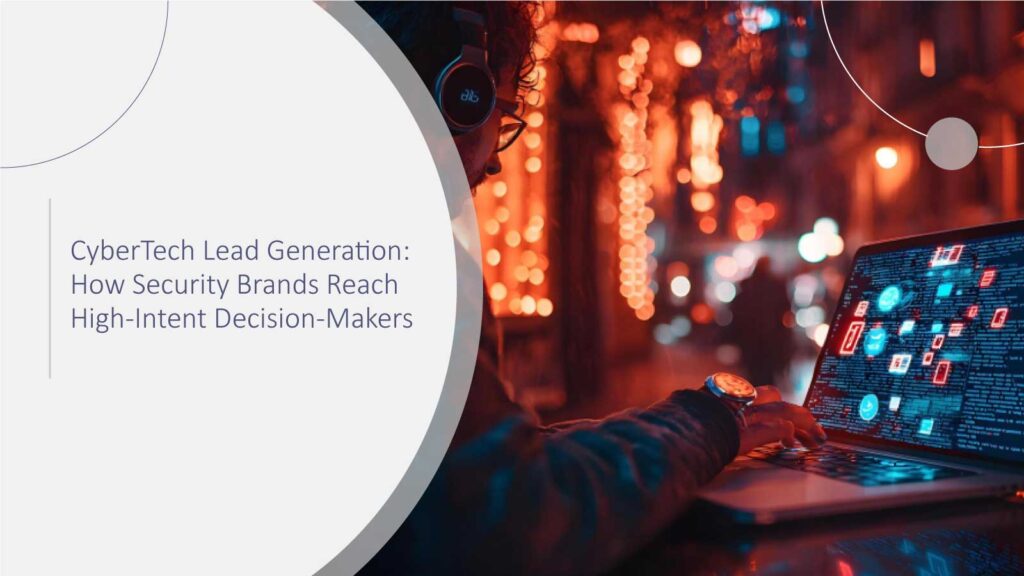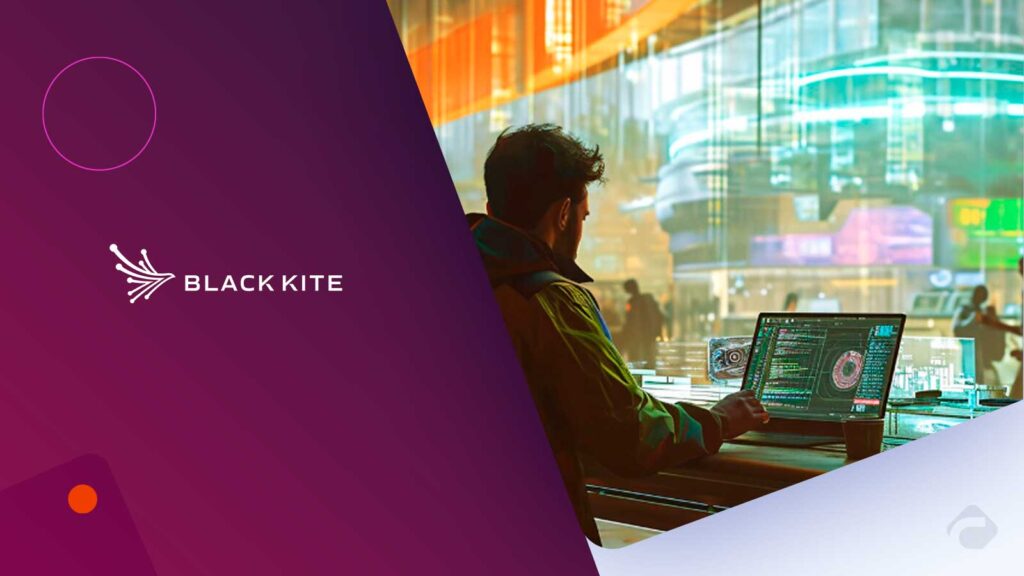In this interconnected world, cybersecurity has become an essential front-line mission. Many organizations in the United States are struggling to find qualified cybersecurity professionals to fill positions that have been vacant for months. The ISC² 2024 Cybersecurity Workforce Study reveals a shortage of more than half a million skilled professionals. The cybersecurity field – which spans everything from protecting critical infrastructure to securing financial systems – carries immense responsibility and risk.
To solve the problem of a shortage of experts, organizations are increasingly hiring veterans of the U.S. military, a group that has been largely unnoticed as a potential source of talent. IBM has developed programs targeting veterans and “new collar” talent (i.e., non‑traditional backgrounds) and states that military veterans bring unique mindsets, regardless of traditional degrees.
Moreover, veterans are not only the technical experts of the field, but they also have the qualities of discipline, mission focus, and, most importantly, are able to operate under pressure. Cybersecurity is a field that allows them to continue their service, but this time in the digital realm.
Veterans as a Natural Fit for Cybersecurity
What makes veterans so perfect for cybersecurity positions? Military personnel are prepared to carry out their duties in an environment with high risks of failure where they are required to show precision, teamwork, and quick decision-making, as well as other virtues. These characteristics can be applied to the defense of digital assets without any problems.
Microsoft: “We believe that service members transitioning out of uniform are uniquely suited for cybersecurity roles… Every year, over 200,000 military members transition … and our collective investment in their defensive and operational training has immediate application in… IT fields.”
Menlo Security’s Senior Director, Shawn Dappen, gives a clearer view:
After my deployment in the Marines, what really drew me towards cybersecurity was the understanding that the warzone has just shifted from being a physical location to the online world. When I was with the Corps, it was my job to protect people and things in the tangible world. Now, it is about the security of those same people and assets via the Internet. However, the same rules still hold: be alert, change your strategy fast, and look out for your team against the dangers that you cannot see. To me, going into cybersecurity was just another way to serve the community different place, same mission.
The transition to cybersecurity makes sense for veterans, as it is a field that requires the same mentality and discipline that were acquired in the military. Veterans are shaped as they need to keep their focus on the mission, follow the chain of command, and strive for the protection of something greater than themselves. A defense against changing threats and a quick and efficient cooperation even in hard times are part of what we are used to and they are exactly what is required in cybersecurity., Going from the protection of physical territories to the safety of digital systems is no problem if the basic principles stay the same.
Additionally, the Veterans possess the quintessential qualities that would make them highly effective in the cybersecurity workforce, namely, discipline, teamwork, mission-oriented thinking, and a proactive approach to defense. Quite a few already have the skill set of threat detection, risk assessment, and coordinated response, which can be directly transferred to cyber roles. Military personnel are by nature very accountable and have a strong sense of integrity, which is an added advantage here.
Also, corporations stand to gain more if they take active steps in facilitating veterans in relocating their military experience into cybersecurity vocations. This is by firstly creating awareness, providing targeted trainings or bridge programs to help fill the technological gap, and developing the sfilled način reksićaććvagslorznych pathway Pristup. The Junction with veteran organizations, the mentorship initiative, and unambiguous career tracks are what can lead to a big difference. The veterans are the ones who already take the mission seriously; all they need is a little bit of facilitation to enable them to apply it in the digital world.
Transferable Military Skills
Experiences in the military have prepared veterans with the skill set and knowledge that can be readily applied in cybersecurity roles:
Threat Analysis & Intelligence Gathering: Veterans who have been in intelligence and reconnaissance operations are proficient in assessing risks and recognizing areas of vulnerability.
Incident Response & Crisis Management: The act of quickly and efficiently handling an unexpected situation under limited knowledge of the circumstances is what both cybersecurity incident response and the described skill have in common.
Leadership & Teamwork: Leading in a hierarchical, mission-focused organization and gaining experience will have a positive effect on the security operations team’s teamwork and collaboration.
Jeff Liford, Associate Director at Fenix24, a Chattanooga, Tennessee-based cyber disaster recovery firm, states:
While serving in the military, I was an All-Source Intelligence Analyst and worked with multiple commands. A significant portion of my work was the creation of deep and detailed knowledge of the technical aspects of specific topics or organizations, so that we could later use this knowledge to disrupt adversary operations. When I left active duty, I became a Systems Engineering contractor supporting the Department of Defense. My work focused on enabling Intelligence Operations through the deployment of highly reliable and redundant systems.
Honestly, cybersecurity wasn’t initially in my plan. I was more interested in Systems Engineering and Network Operations. However, the modern threat landscape has made it so that all operators are defenders by default. The Department of Defense is following this trend as well. It is almost impossible to work in IT for the DoD without having to share some security responsibilities. I started working in engineering for redundancy and availability, and as my technical skills grew, I got more and more involved in cybersecurity.
The process of understanding the enemy and then figuring out the way to recover from their attack is almost the same as the work of an intelligence analyst. The military training also ensures quick reaction and decision-making skills under uncertainty, which are very important during recovery stages when time is very limited and it is impossible to have all the information. Take, for example, a situation where a ransomware attack has caused systems to be down, and you have to find a way to restore operations efficiently. It is at these moments, under a lot of pressure, that the military experience is really helpful.
Frankie Sclafani, Director at Deepwatch, a San Francisco, Calif.-based AI+Human Cyber Resilience Platform, supports this idea by saying:
I was nine veteran in the U.S. Air Force and Air National Guard, and created a successful record in those services with malware analysis, insider threat detection, and national-level incident response at the NSA and U.S. Cyber Command, as my area of expertise. Part of the motivation for my father’s work in the police and my personal feeling of obligation to contribute positively to society is what made me plunge into cybersecurity.
A digital forensics college professor, who was a former FBI agent, got me hooked with his stories about how cybersecurity and forensics were the go-to in the real world. I was the first to see its influence and the great things that it could bring. Protecting and defending are the same roles whether it is the military, the FBI, or the corporate world.
The military environment is often characterized by missions that have a direct impact on life. Consequently, it becomes a norm to see commitment and professionalism in the cybersecurity field, which is very much parallel to the former. It’s only that in the world of cybersecurity, some lives may be at stake, but the responsibility and consequences are just as serious as those in the military. The latter are the very people who fan out the same dedication in the struggle and are always ready to respond even at 3 a.m. and capable of performing tasks correctly without supervision.
Veterans thinking of a change of direction toward cybersecurity need to take advantage of every resource or tool that is available to them. SkillBridge enables active-duty service members to do a 180-day internship with a company of their choice and therefore, gain hands-on experience that is invaluable. A platform such as VetSec is also there to provide veterans with guidance, mentoring, and the sharing of knowledge. Such projects serve as an effective tool to bridge the gap in cybersecurity skills, and simultaneously, they give the opportunity to the veterans to transfer their existing strengths into a rapidly growing and consequential industry.
Purpose and Mission Alignment
Cybersecurity gives veterans a feeling of being needed, just like their military service. The act of protecting information and networks is very similar to what they used to do, i.e., the protection of people and the rest of the system.
Dappen indicates:
“I found cybersecurity as a way to keep serving the community-just in a different area, same fight.”
Purpose-driven jobs lead to increased engagement, retention, and productivity. Veterans will be successful when their work is consistent with their values, such as teaming, safeguarding, and achieving the mission, hence making cybersecurity a perfect job for them.
Bridging the Gap
Switching over to cybersecurity in the civilian world is not easy. Several veterans have a restricted professional network and are unaware of available positions. Programs like Fortinet Veterans Program and SkillBridge are instrumental in providing necessary training, guiding through mentorship, and giving on-the-job experience.
Fortinet Veterans Program: Delivers free cybersecurity education and career support to veterans as well as military spouses. More than 3000 individuals from different parts of the world have already availed of the program.
SkillBridge: By letting employees of the armed forces undertake on-the-job training with a company, it helps in their smooth exit from the army and provides them with industry exposure and networking.
Microsoft’s MSSA (Microsoft Software & Systems Academy) provides 17‑week training to transitioning service members and veterans, with the Cybersecurity Operations track established for veteran talent.
Such projects open doors for veterans while solving the problem of a scarcity of skilled people in the cybersecurity sector on a national level.
Real Voices
Veterans reveal how they have used military skills in the field of cybersecurity:
Shawn Dappen: Left the world of physical security for digital protection, using the mission focus and teamwork that he learned in the military for cybersecurity.
Frankie Sclafani: He finds meaning in what he does, and at the same time, he can put his skills to good use by providing a high standard in the most demanding situations.
Jeff Liford: Combines skills acquired through the study of intelligence and management of crises to help quickly and efficiently in response to cyber-attacks.
Such anecdotes serve to demonstrate how adaptable, dependable, and protective of digital property the veterans are.
Conclusion
Veterans from the armed forces are endowed with a unique mix of traits that include discipline, focus on the mission, and flexibility, which make them fit perfectly for positions in cybersecurity. Companies that make good use of their veteran experience will not only be able to plug the urgent gaps in their workforce but also, in turn, be able to offer veterans meaningful and impact-heavy careers.
The case study of Fortinet Veterans Program and SkillBridge is a perfect example that shows how well-structured training, mentoring, and hands-on work exposure can facilitate a seamless transition from service to cybersecurity. Veteran integration into the cybersecurity workforce is a win-win situation for both parties as it guarantees additional layers of security to the organizations and, at the same time, it opens up avenues for veterans to pursue fulfilling careers in the context of the constantly evolving digital battlefield, who have been loyal to serving the nation.
FAQs
1. What makes veterans good candidates for cybersecurity careers?
Veterans come equipped with the traits of discipline, mission focus, teamwork, and the ability to handle crises, which are also required in the field of cybersecurity.
2. Which military skills can be used in cybersecurity?
Directly, skills such as intelligence analysis, reconnaissance, operations of systems, quick decision-making, and incident response can convert to cyber roles and activities.
3. In what ways does SkillBridge help veterans?
SkillBridge presents a 180-day work experience opportunity to the on-duty military personnel, wherein they can earn hands-on experience in cybersecurity and get introduced to the industry.
4. The Fortinet Veterans Program is…?
It is a program that helps veterans and military spouses by offering them free instruction, guidance, and job placement toward a smooth transition from the army to a career in cybersecurity.
5. How is it that companies gain when they decide to employ veterans?
By hiring veterans, firms get the advantage of having people who are disciplined, reliable, and mission-focused, and these are the types of professionals who not only bring about the improvement of security posture but also the good functioning of the team.
Don’t let cyber attacks catch you off guard – discover expert analysis and real-world CyberTech strategies at CyberTechnology Insights.
To participate in upcoming interviews, please reach out to our CyberTech Media Room at info@intentamplify.com.







